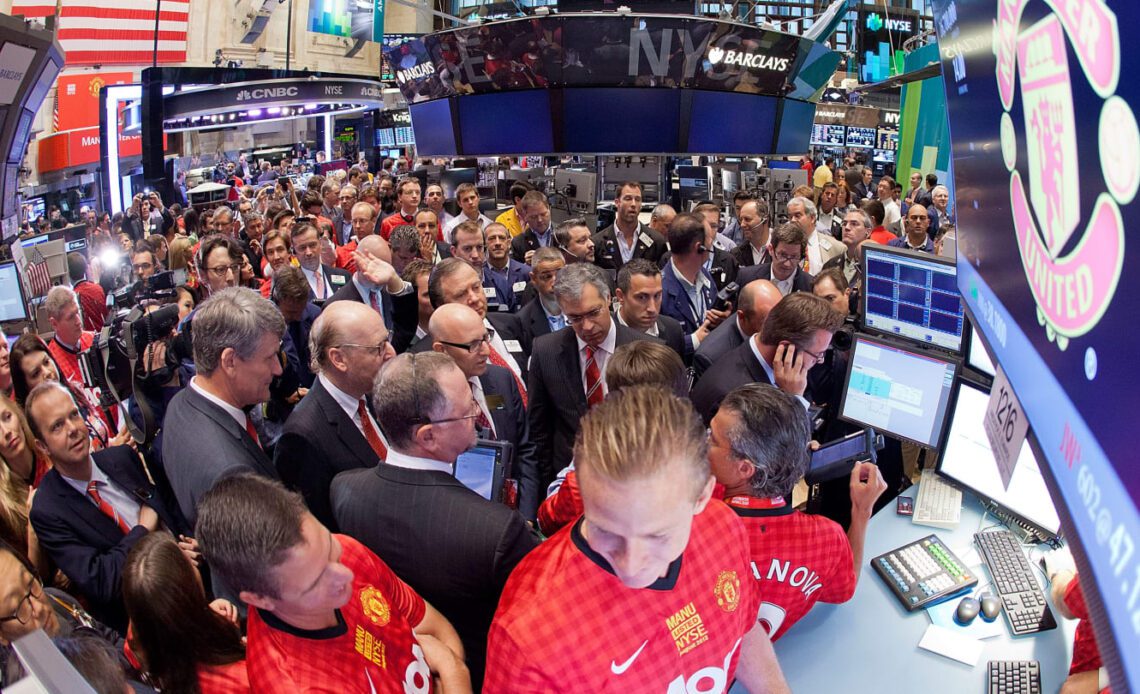Jika.io – a platform for retail investors to make critical financial information easier to use.
As I was watching the Islanders – Devils preseason hockey game in UBS Arena a few weeks back, I thought to myself, this sure is fun to watch, but how can I make money from it?
While this thought didn’t actually cross my mind, since the question was asked, I might as well answer it. Most people would tell you that the only way to generate profit from sports is through sports betting channels, whether it be through BetMGM, DraftKings, or FanDuel.
The sorry reality for these methods is, the odds are stacked against you – the vast majority of sports betters end up with less money than they started. According to some, only 3-5% of sports betters are profitable in the long run.
A perhaps lesser-known way of investing in sports teams is buying equity in the team if it is publicly traded on a stock market. Like any other stock, if the share price goes up in value, you can generate a positive return and vice versa.
In this article, we’ll talk about why a team would want to be publicly traded, which teams are up for sale, and even if your favorite team isn’t publicly traded, we’ll talk about other ways of investing in sports.
The reason a sports team would want to sell shares to the public is the same reason any other company would – to raise money. When a team lists its shares through an IPO (initial public offering), investors pay money up front for those shares which go directly to the sports team. In return, investors receive partial ownership of the team and can sell it at any time to another investor who wishes to buy that share.
A team may wish to expand its stadium, acquire an all-star player, or raise salaries for staff. All these wonderful things cost money, and one avenue to generate a lot of cash is by selling shares of the team to the public.
For example, back in 2012 Soccer team Manchester United began trading on the New York Stock Exchange (NYSE) and successfully raised $233 Million, which was used to pay off some of the team’s $680 million in debt. The initial share price was $14 and approximately 16.6 million shares were issued.
There are downsides as well to going public. For one, teams that go public are subject to the same scrutiny as any other publicly traded company – this includes the need to release annual and quarterly financial reports, along with regulatory oversight from the SEC. Secondly, shareholders who hold ownership…
Click Here to Read the Full Original Article at 90min EN…

